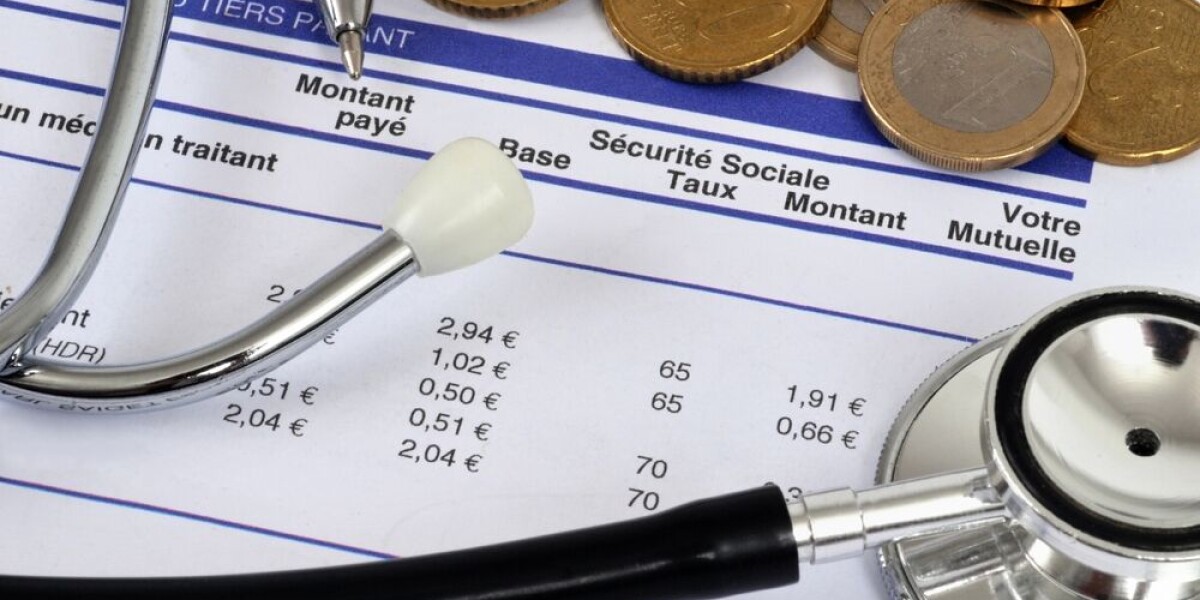
Understanding Mutuelle Health Insurance in France: A Guide for Expats
- Select a language for the TTS:
- UK English Female
- UK English Male
- US English Female
- US English Male
- Australian Female
- Australian Male
- Language selected: (auto detect) - EN
Play all audios:

IT IS ADVISABLE TO GET A PRIVATE, TOP-UP HEALTH INSURANCE POLICY IF YOU HAVE MOVED FROM THE UK OR US A mutuelle is a type of private, top-up health insurance policy you can buy in France.
If you have moved to France, become a resident and registered for its national health insurance scheme, you can choose to buy mutuelle health insurance. Unlike other countries such as the
UK, some medical consultations and treatments are only partially funded by the state and you have to pay for the remainder of the cost. Mutuelle health insurance in France works by
reimbursing you for the amount you have paid yourself. It is not compulsory to have a mutuelle policy though around 95% of residents in France do. People often call all top-up health
insurance policies mutuelles. However, strictly speaking, mutuelles only refer to policies run by non profit-making ‘friendly societies’. A mutuelle top-up policy is sometimes also known as
a complémentaire santé because the cover they provide is complementary to France’s social security system. DENTAL, HEARING AND EYE CARE COSTS The government has put in place standards that
mutuelles must meet to be classed as ‘responsible’ policies. The majority of top-up policies are now considered to be ‘responsible’ and the state works with these to provide the 100% Santé
scheme. If you buy this type of mutuelle you can benefit from extensive coverage for a range of dental, hearing or eye care. When choosing a mutuelle, it is worth carefully checking what
level of cover is offered for these categories. Depending on the policy terms, other good mutuelles are also able to reimburse more expensive equipment not covered by the 100% Santé scheme
though some offer more limited coverage. MUTUELLE OPTIONS, COSTS AND CARDS If you have moved to France and are choosing a mutuelle top-up health insurance policy, there is a wide range of
options available at different costs. Consider the types of care you are most likely to need and look at what percentage of reimbursement is given for these. This will vary, for example
100% or 150%, depending on the type of healthcare. The state sets a fixed rate for each type of health service (called the tarif de convention) and will cover part of this cost. The
percentage of reimbursement set by your mutuelle insurer is the maximum amount of this fixed rate that they will reimburse you. Some doctors do charge more than the fixed rate (dépassements
d’honoraires). Cheaper mutuelle policies generally offer a lower percentage of reimbursement and cover hospital stays. You can opt for higher level cover that includes extra services such
as physiotherapy, private hospital rooms and a higher amount of reimbursement. If you are married or have children, dependants (personnes à charge) can often be included in your mutuelle
policy. Insurance broker Réassurez-moi gives average prices for a family of two parents and two children as €1,508/year; for retired couples €3,393/year and for workers €1,391/year. The
price of a mutuelle can vary depending on where you live and rises with your age. Mutuelles are regulated however and cannot charge you more due to your health conditions. Your premiums will
rise each year depending on your level of cover. Once you have bought a policy, your insurer will send you a mutuelle card to hand to your healthcare provider or pharmacist when you visit,
along with your carte Vitale. Payment may be completely covered by the cards or you may have to pay an amount up front and will then be reimbursed to your bank account. The reimbursement
depends on your policy cover. MUTUELLE SERVICES IN ENGLISH You can buy a mutuelle online, from high street insurance chains or dedicated health insurance firms. Some of these provide an
English speaking service and many advertise in The Connexion and its help guides. You can also speak to friends, your pharmacist or doctor to see if they can recommend a provider. Make
sure to ask for quotes (devis) showing the policy cost and a breakdown of what they offer. SOME COMMUNES OFFER A MUTUELLE COMMUNALE Many communes in France now offer a group top-up policy
that residents can join, known as a mutuelle communale. By buying one policy to cover many people, the commune aims to negotiate a better rate than if you were to buy an individual policy
yourself. FRENCH FIRMS MUST OFFER MUTUELLES TO EMPLOYEES If you are employed in France, it is a legal requirement of French firms to offer mutuelles and pay for at least 50% of the cost.
Employees are obliged to take up the insurance unless they are already covered by another policy. For self-employed workers, in some cases the cost of a mutuelle is tax deductible. *2022
study by consumer body UFC-Que Choisir.
